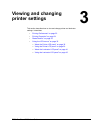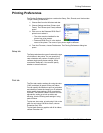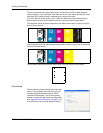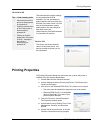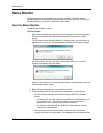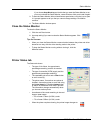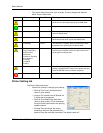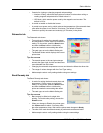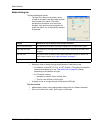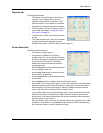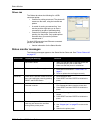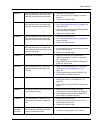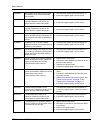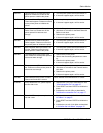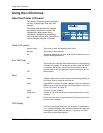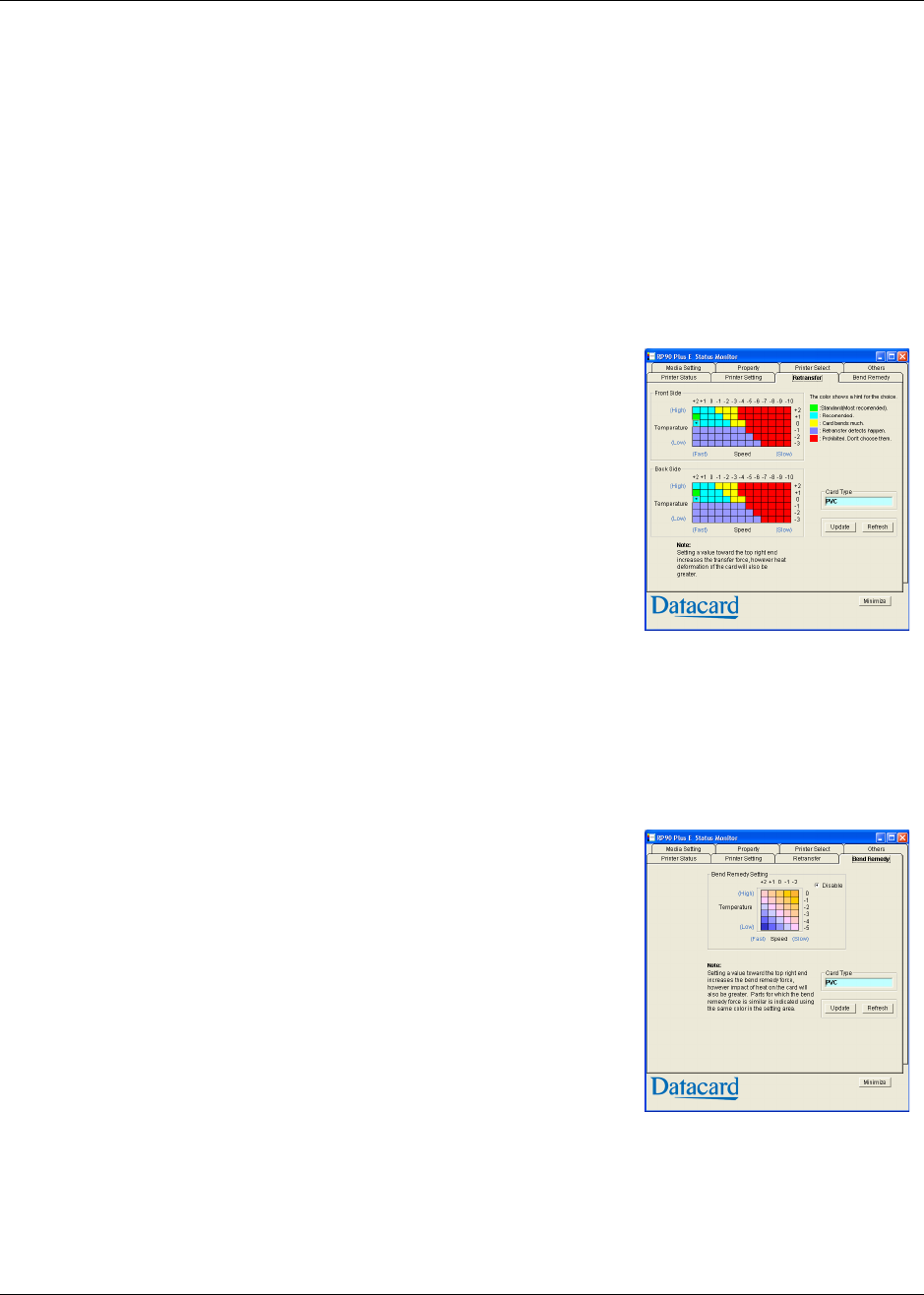
Status Monitor
28 RP90 Plus E and RL90 User Guide
• Controls for viewing or changing magnetic stripe settings.
— Number of Retry, which sets the maximum number of retries when writing or
reading magnetic stripe data fails. Default value is 1.
— ISO Mode, which sets the power used by the magnetic card encoder. The
default is Hi-Co.
• A control to enable or disable the buzzer.
• A control to set power saving, which reduces the temperature of the retransfer heat
roller after the printer is not used for 30 minutes. The default is Disable.
• Controls to specify the smart card module(s) (IC Encoder) in the printer.
Retransfer tab
The Retransfer tab shows:
• Two matrices for setting the retransfer speed
and temperature. Click a square to choose the
setting. On the printer, press the
Reset button
and then the
Enter button to initialize the
printer and make the new setting take effect.
• The card type, set on the Media Setting tab.
• The Refresh button which displays the current
printer data.
Tips for success
• The transfer power to the card gets stronger
towards the upper right, but the card becomes
more distorted due to the heat.
• Changing the retransfer temperature on one card side also affects the other side.
• The range of values changes with the Card Type setting.
• Make sample cards to verify settings before using new settings.
Bend Remedy tab
The Bend Remedy tab shows:
• A matrix for setting the bend remedy time and
temperature. Click a square to choose the
setting. On the printer, press the
Reset button
and then the
Enter button to initialize the
printer and make the new setting take effect.
• The card type, set on the Media Setting tab.
Tips for success
• Bend remedy is effective for single side
printing. For double side printing, choose the
Disable button.
• When you change to Disable, the printer goes
into
Preheat state for about 10 minutes while
the roller temperature drops. Wait until the printer state changes to
Ready.
• The side of the card where bend remedy is performed can become faded.
• Make sample cards to verify settings before using the new settings.




